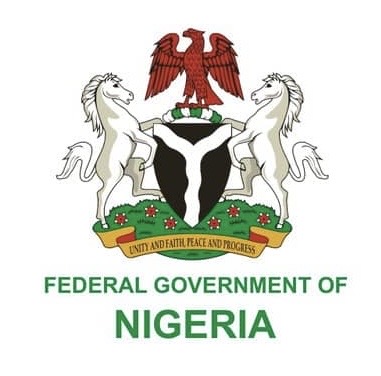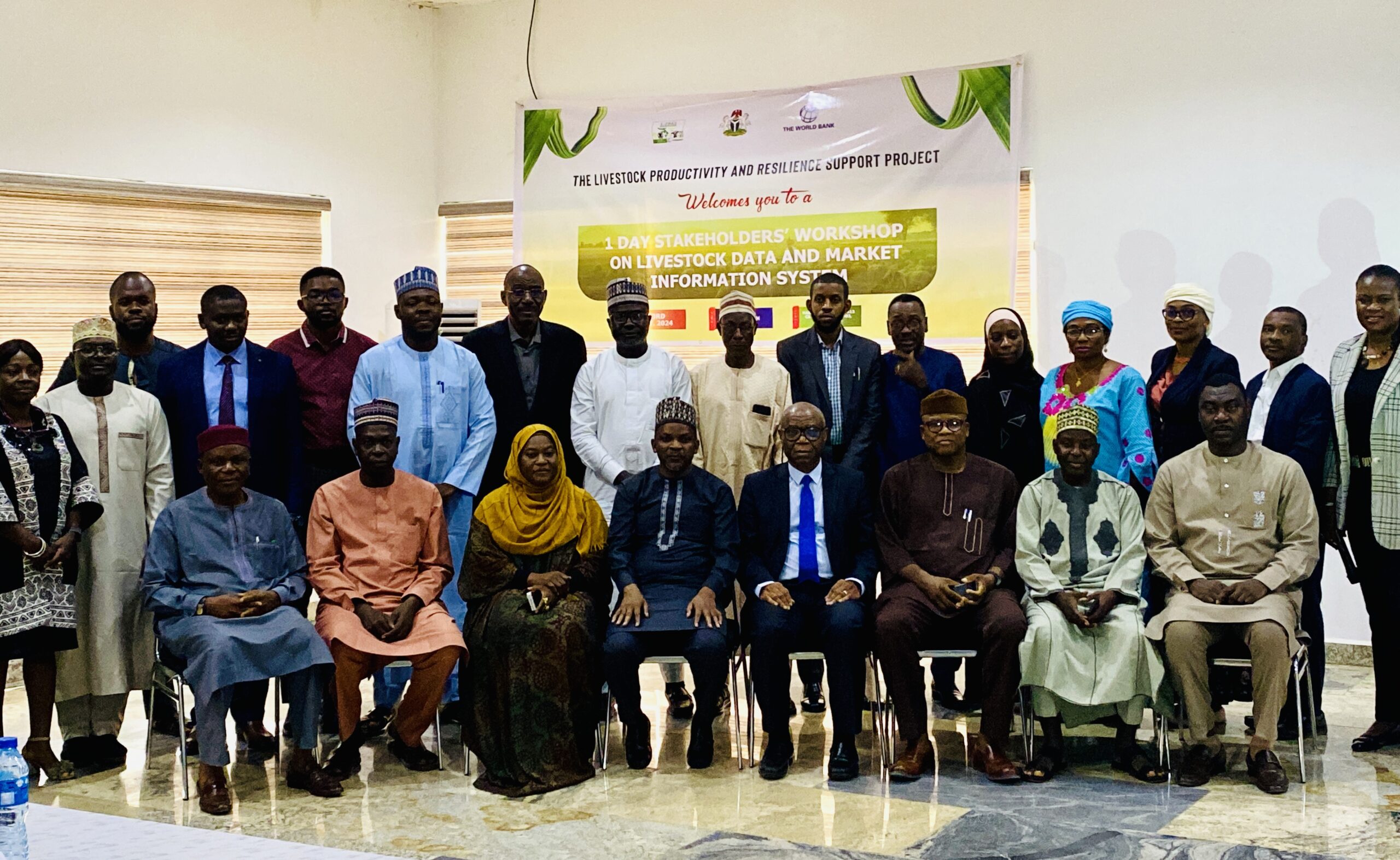ACF, partners allocate €10m for cross-border livestock development
By Talatu Maiwada
Action Against Hunger (ACF), in collaboration with national and regional partners, has committed 10 million euros to implement a cross-border pastoral and livestock marketing project in the Lake Chad Basin.
The initiative, titled Pastoralism and Livestock Marketing in Cameroon, Nigeria, Chad Cross-Border Territories (PASCO), aims to enhance pastoral livelihoods and strengthen livestock value chains across the three countries.
Mr Thierno Diallo, Country Director ACF Nigeria, said this on Thursday in Yola, during a two-day national workshop, which featured the official unveiling of the project and inaugural session of National Orientation Committee.
Diallo said the project would run for four years, targeting pastoral and agro-pastoral communities in the three countries.
Represented by Mr Emmanuel Pmabi, ACF Field Coordinator, Borno, he said the PASCO project is a territorial-based programme that will focus on livestock production and boosting territorial value chain activities across borders.
“The project will improve livelihoods, particularly for women, youth, and vulnerable communities engaged in agro-pastoral activities, open up new markets and ensure products have ready off-takers,” he said.
He noted that apart from climate-related challenges, lack of access to markets remained a major challenge for livestock producers, noting that the project was designed to address such by creating reliable market linkages.
Mr Jocelin Glaguidi, Chief of Party, PASCO, outlined the project as a strategic intervention aimed at improving the economic resilience and security of border communities affected by instability and economic exclusion.
He said the project would also support inclusive governance, enhance cross-border trade, and promote sustainable natural resource management in the Lake Chad Basin.
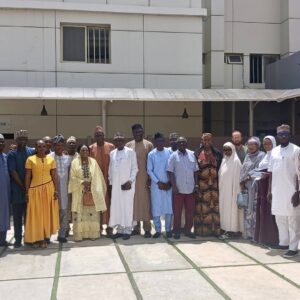 Also speaking, Alhaji Idi Maiha, Minister of Livestock Development, commended the project, saying it aligns with President Bola Tinubu’s administration’s focus on livestock development, which created a dedicated livestock ministry in July 2024.
Also speaking, Alhaji Idi Maiha, Minister of Livestock Development, commended the project, saying it aligns with President Bola Tinubu’s administration’s focus on livestock development, which created a dedicated livestock ministry in July 2024.
Represented by Alhaji Ibrahim Wali a Director in the ministry, Maiha said the project would complement the National Livestock Accelerated Programme (NLAP) currently being implemented by the Federal Government.
“With infrastructure, security, and collaboration among the three countries, we can develop seamless cross-border value chains that will benefit our pastoralists and boost national income,” he said.
He acknowledged challenges along transboundary routes, including insecurity and climate change, but assured that the federal government was actively addressing them.
Dr Emmanuel Kadal, State Technical Director of Livestock Development, Borno, described the project as timely, noting that Gov. Babagana Zulum has already made huge investments in the livestock sector.
“The governor has established international cattle markets across several local government areas to restore livelihoods and improve resilience in post-conflict communities, hence the project would boost productivity,” he said.
Kadal added that areas of Borno previously affected by insecurity are now more accessible and conducive for livestock development and marketing activities.
The News Agency of Nigeria (NAN) reports that the initiative, was funded by the French Development Agency (AFD) through its Minka Peace and Resilience Fund.
NAN also reports that the project is being implemented by the Institute for Research and Applications of Development Methods (IRAM), in partnership with ACF and other partners.
The event was attended by government officials, stakeholders, and representatives of pastoral communities and NGOs.(NAN)
Edited by Tosin Kolade



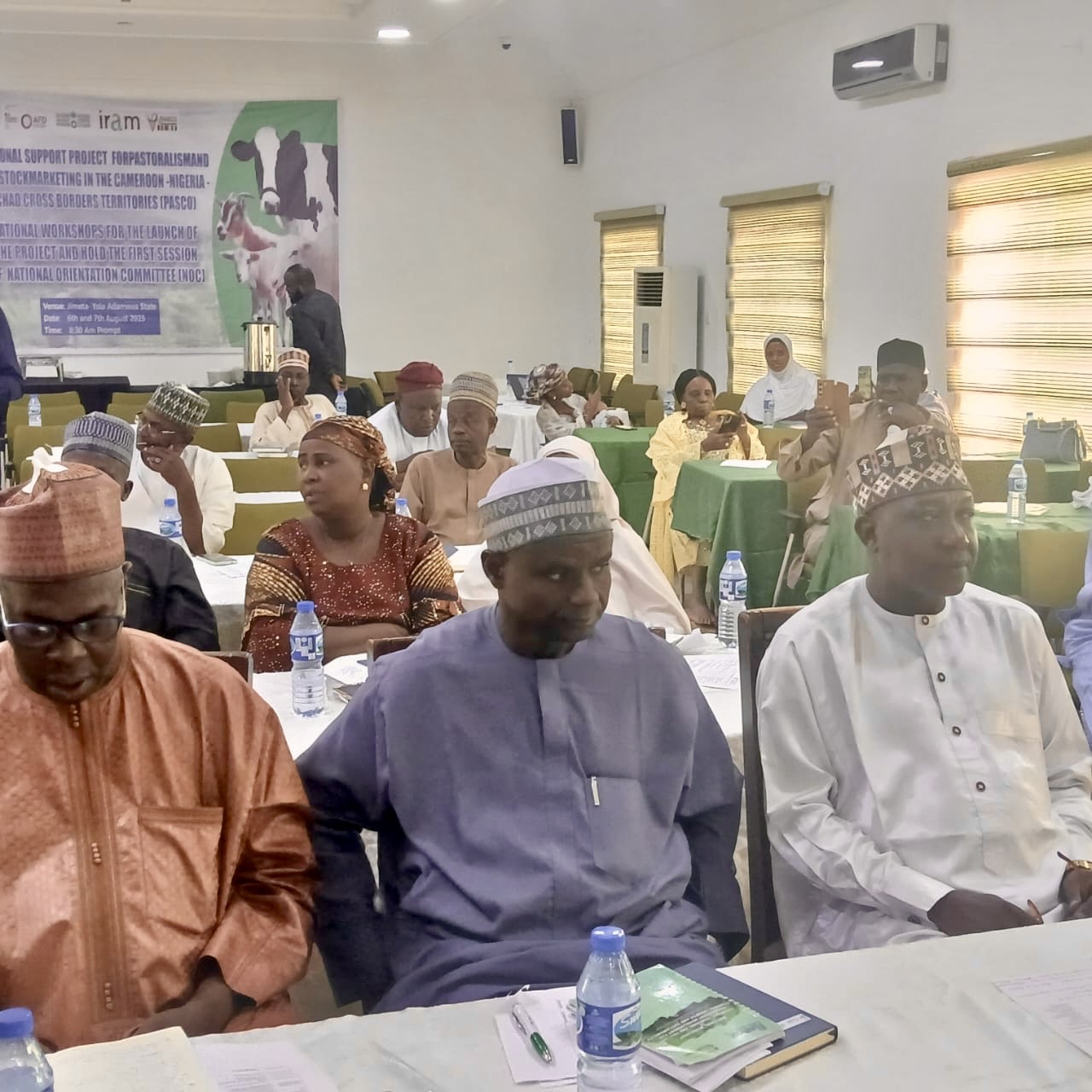

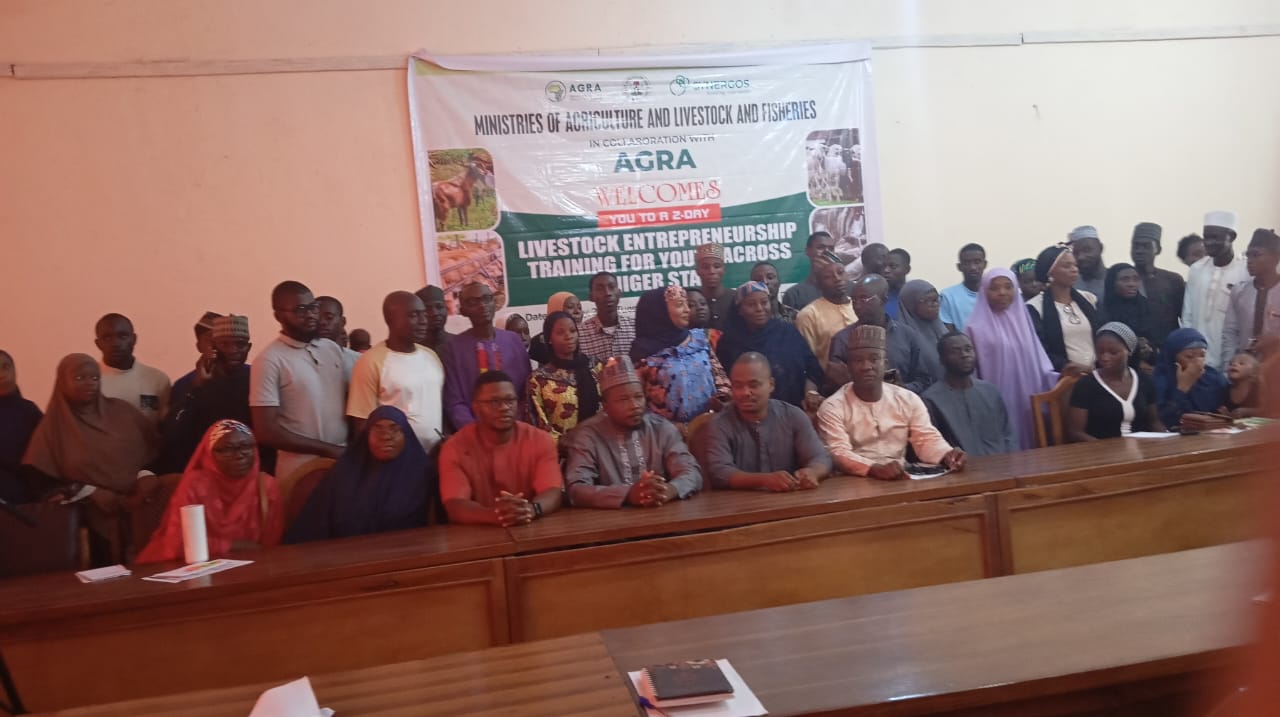


 Abubakar identified L-PRES as a $500 million World Bank-funded project aimed at transforming animal health services, improving livestock productivity, strengthening value chains, and enhancing the resilience of livestock-reliant communities nationwide.
Abubakar identified L-PRES as a $500 million World Bank-funded project aimed at transforming animal health services, improving livestock productivity, strengthening value chains, and enhancing the resilience of livestock-reliant communities nationwide.
